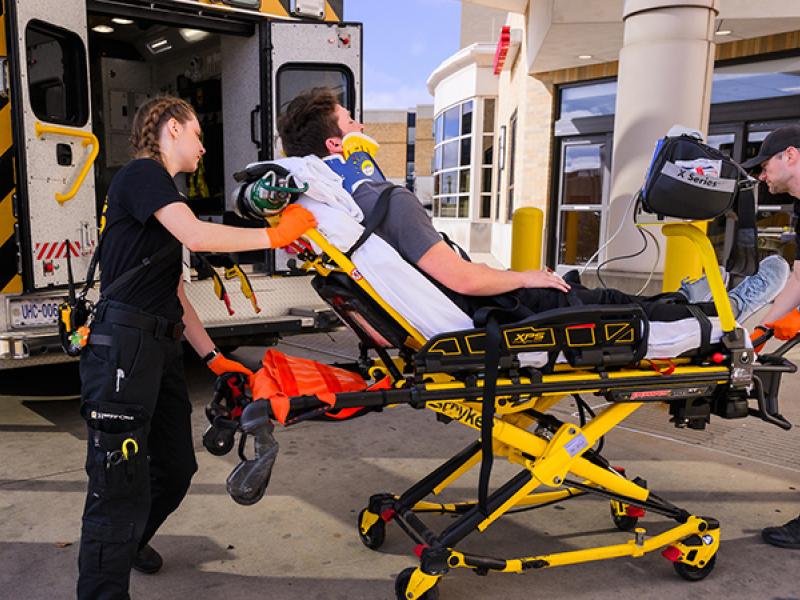Modern health care has an increasingly moral dimension encompassing not only patient welfare but also the functioning of health care organizations and the role of research in society. The field of health care ethics has evolved as a crucial component in clinical and organizational contexts as well as in academic medicine in the realms of education, training and research.

The MU Center for Health Ethics seeks to address difficult moral issues through dialogue across multiple related disciplines and in the broader academic and public community.
Our Mission
To improve the well-being of Missourians through the development of patient-centered programs related to ethics and professionalism in education, research, service, and organizational performance.
Goals
- Promote patient centered health care by providing leadership for a clinical ethics initiatives including a hospital based clinical ethics committee and consult service that will devise ways to provide services locally, regionally, and statewide.
- Establish and promote initiatives in health ethics and professionalism through education and training by engaging faculty, students, patients, private health care professionals, and the public.
- Develop innovative programs to enhance relationships between patients and health care professionals within health care systems.
- Promote ethical behavior of organizations by encouraging principles of organizational ethics and systemic processes for discerning and applying ethical principles and values in decision-making.
- Collaborate with faculty and other key individuals in developing research initiatives that will address the ethical concerns of end-of-life care, health care access, treatment of vulnerable populations, genomics, health management, and informatics.
Clinical Ethics Committee and Clinical Ethics Consultation Services
Patients, families, surrogates, and providers are often faced with difficult health care decisions. Many of these decisions have complex medical, nursing, legal, psychological, religious, and social dimensions that can lead to conflict or uncertainty. In response, University of Missouri Health Care has established the Clinical Ethics Committee and Clinical Ethics Consultation Service. Its mission is to assist patients, families, and health care team members in sorting through the ethical aspects of making difficult health care decisions.
Graduate Certificate in Health Ethics
The Department of Biomedical Informatics, Biostatistics and Medical Epidemiology (BBME) in partnership with the MU Center for Health Ethics offers a Graduate Certificate in Health Ethics, completed online with graduate or professional coursework. The Health Ethics Certificate prepares the working professional to understand the ethical issues clinicians face in healthcare services delivery. It is important for managers to know the real-world issues faced by physicians, nurses, and other healthcare professionals. Examples are decision-making capacity, informed consent, end of life care, and patient information confidentiality. More information on this 12 credit hour graduate certificate can be found at MU Graduate Certificate in Health Ethics.






